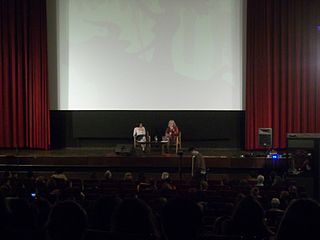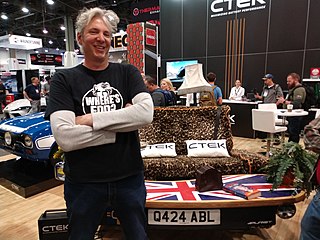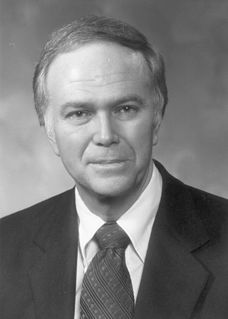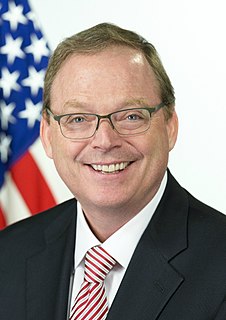A Quote by Fatih Birol
I believe there should be some financial incentives to make the right choice: to make them to buy the right car or not to buy a car but using public transport systems. I believe that these financial incentives are important.
Related Quotes
I believe in market economics. But to paraphrase Churchill - who said this about democracy and political regimes - a market economy might be the worst economic regime available, apart from the alternatives. I believe that people react to incentives, that incentives matter, and that prices reflect the way things should be allocated. But I also believe that market economies sometimes have market failures, and when these occur, there's a role for prudential - not excessive - regulation of the financial system.
Many companies believe incentives, financial incentives, are the answer to every problem or issue. But people are motivated by much more than money. In particular, people like to feel good about themselves and maintain their self-esteem. If companies spent more time working on people's feelings of self-worth, they wouldn't have to try, often unsuccessfully, to bribe people to do work.
Nowhere in politics is there such a mismatch between public and private realm as in transport. Everyone on the M6 last weekend would have agreed with Transport Minister Alasdair Darling's reported hatred of cars. They too wanted drivers off the roads and on to public transport. Go to it, Mr Darling, they cried in unison, get rid of all those cars. Except, of course, their own. Other people's cars are traffic. My car is the outward essence of my being. It is my hat, stick and cane. It embodies my freedom as a citizen and my right as a democrat. My car is my soul in flight.



































